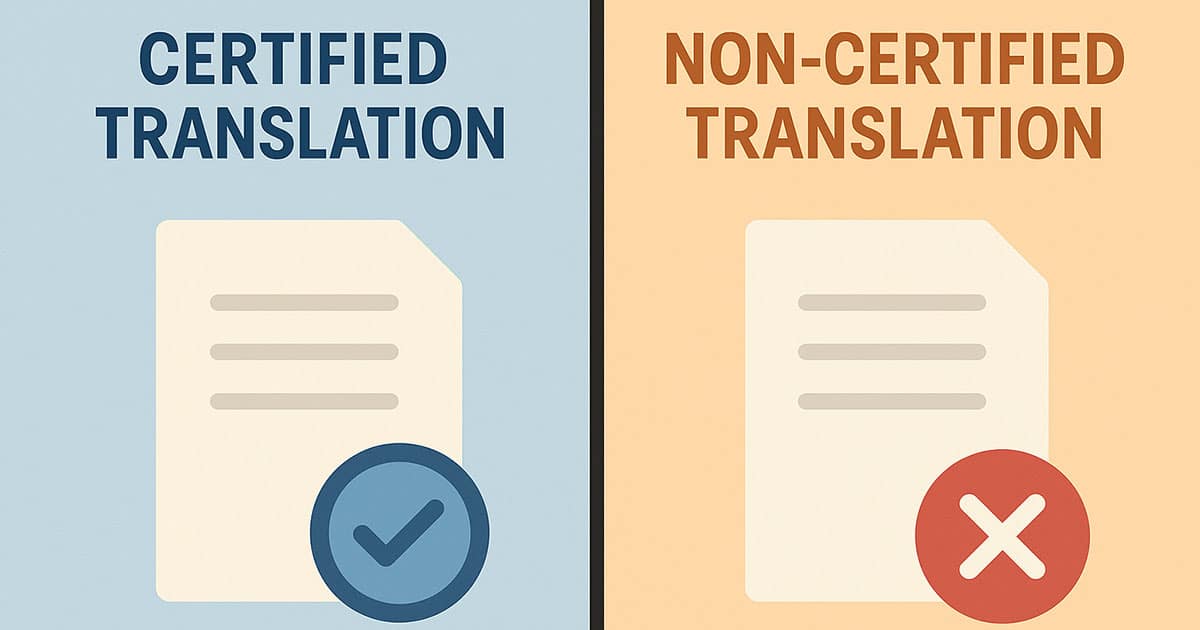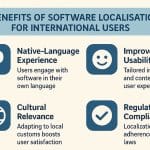The translation industry is the hallmark of authenticity when it comes to language related services across the globe. Whether you are an individual or a company, the use of different languages in your professional endeavors is integral to develop cross-cultural products. It is for this purpose that translation agencies act as a liaison between two different languages and their respective translation services in Delhi across industries. However, not all translations are purely authentic in nature and there is always a scope of misconception and miscommunication while translating documents from one language to another. Where there is authenticity in any translation, it can be rightly referred to as ‘certified translation’, whereas all those translations which lack authenticity can be called as ‘non-certified’ translation. Certified translations include a formal statement of accuracy and are required for legal and official purposes, while non-certified translations are for general, unofficial use and do not have this formal verification. In order to profoundly understand the difference between them, let us go through some crucial aspects of both the forms of translation so that it can help you choose your required service in a well informed manner.
Certified translation: It includes an official statement of accuracy from a certified translator or service, making it legally valid for official purposes like immigration, court documents, and academic applications. A translation accompanied by a signed and dated certificate from the translator or translation service, attesting to its accuracy and completeness. Generally, certified translations require a higher level of accuracy and professionalism where the translator or the agency is accountable for the accuracy of the translation. It often costs more due to the added verification process and qualifications involved. The translation may take longer to complete due to the extra review steps. It is crucial to ask the requesting organization (e.g., a government agency, university, or court) if they require a certified translation to avoid rejection. If the document is for an official purpose, it is safer to get a certified translation to ensure it meets the necessary standards. Few examples of certified translations are legal translation, medical document translation, apostille translation, sworn translation, academic documents translation, birth certificate translation, audit statement translation and many others.
Non-Certified Translation- This category of translation does not include a certificate of accuracy. It is mostly used for personal or business needs where legal validity is not required, such as general correspondence, marketing content, or internal documents. It is suitable for informal or casual projects and it does not require the translator or the agency to provide a formal guarantee of accuracy, making it potentially less expensive. Mistakes are less likely to have legal consequences, though they can still cause issues. It is crucial to ask the requesting organization like a government agency, university, or court, if they require a certified translation or not, to avoid rejection. If the document is for an official purpose, it is safer to get a certified translation to ensure it meets the necessary standards.
At Accurate Language Solutions, we provide certified translation services with high accuracy and professionalism. Our team of professional translators deliver certified translation of all types of documents in a time bound manner. It is always advised to opt for a certified translation when in doubt.







